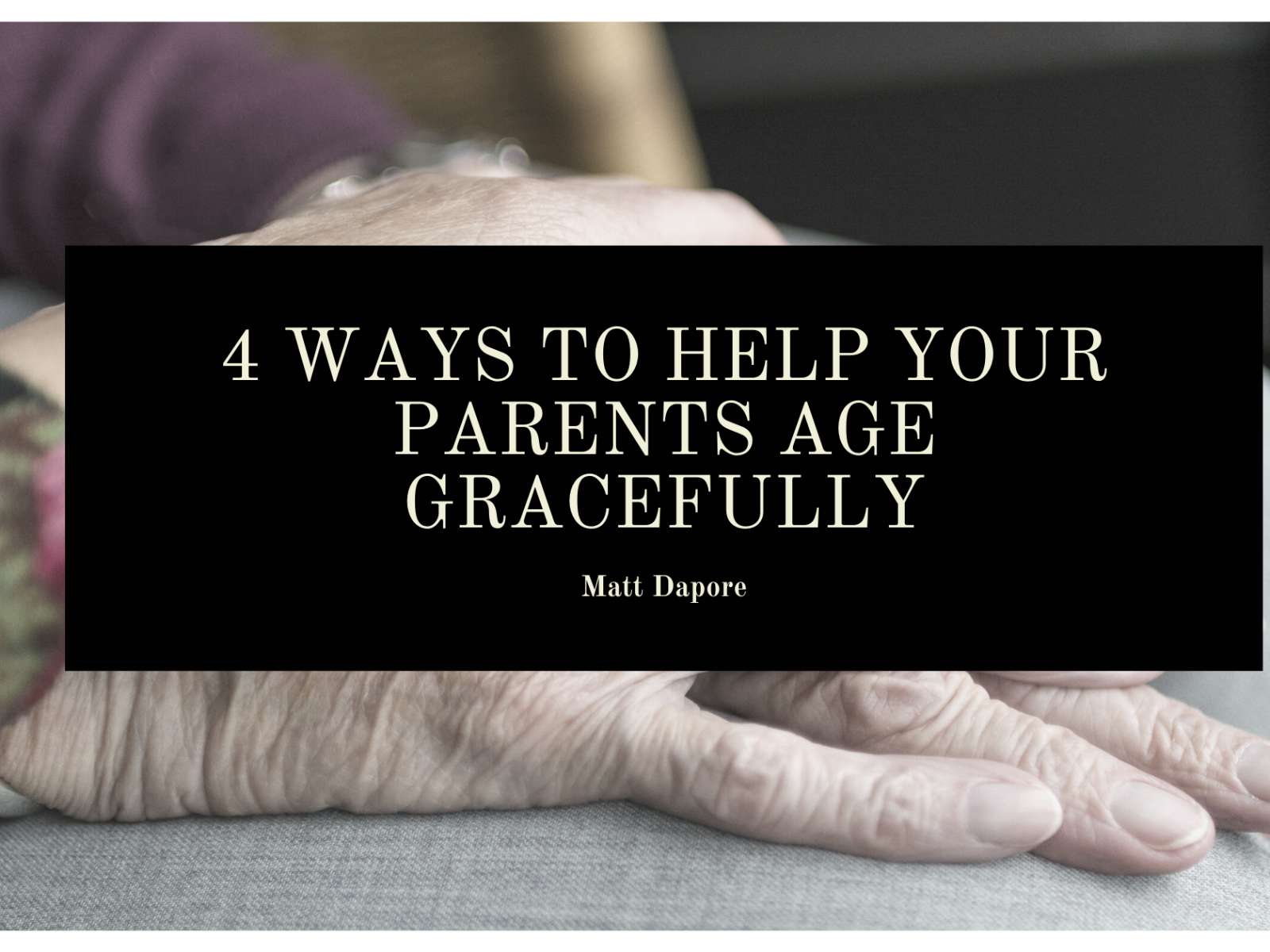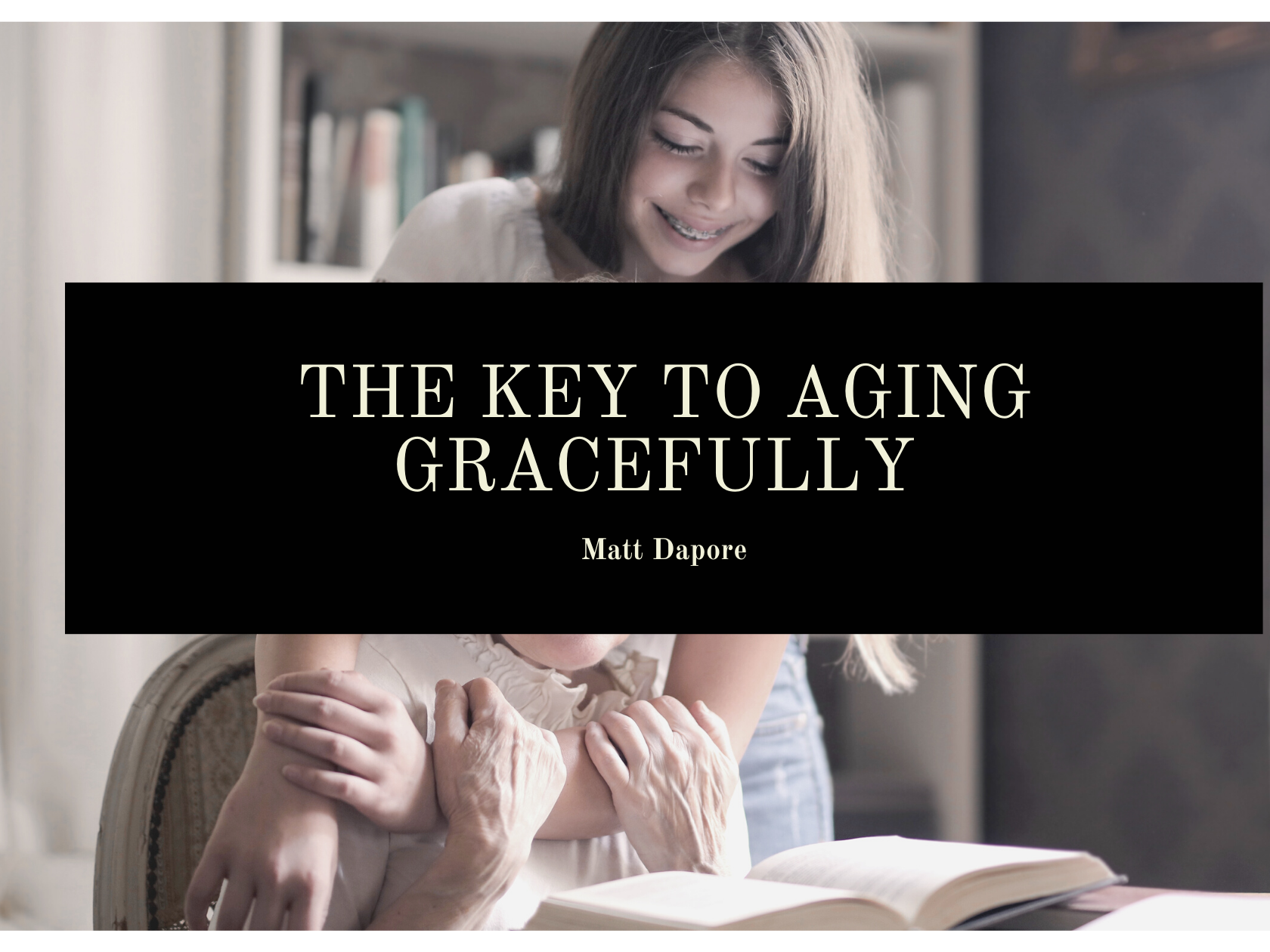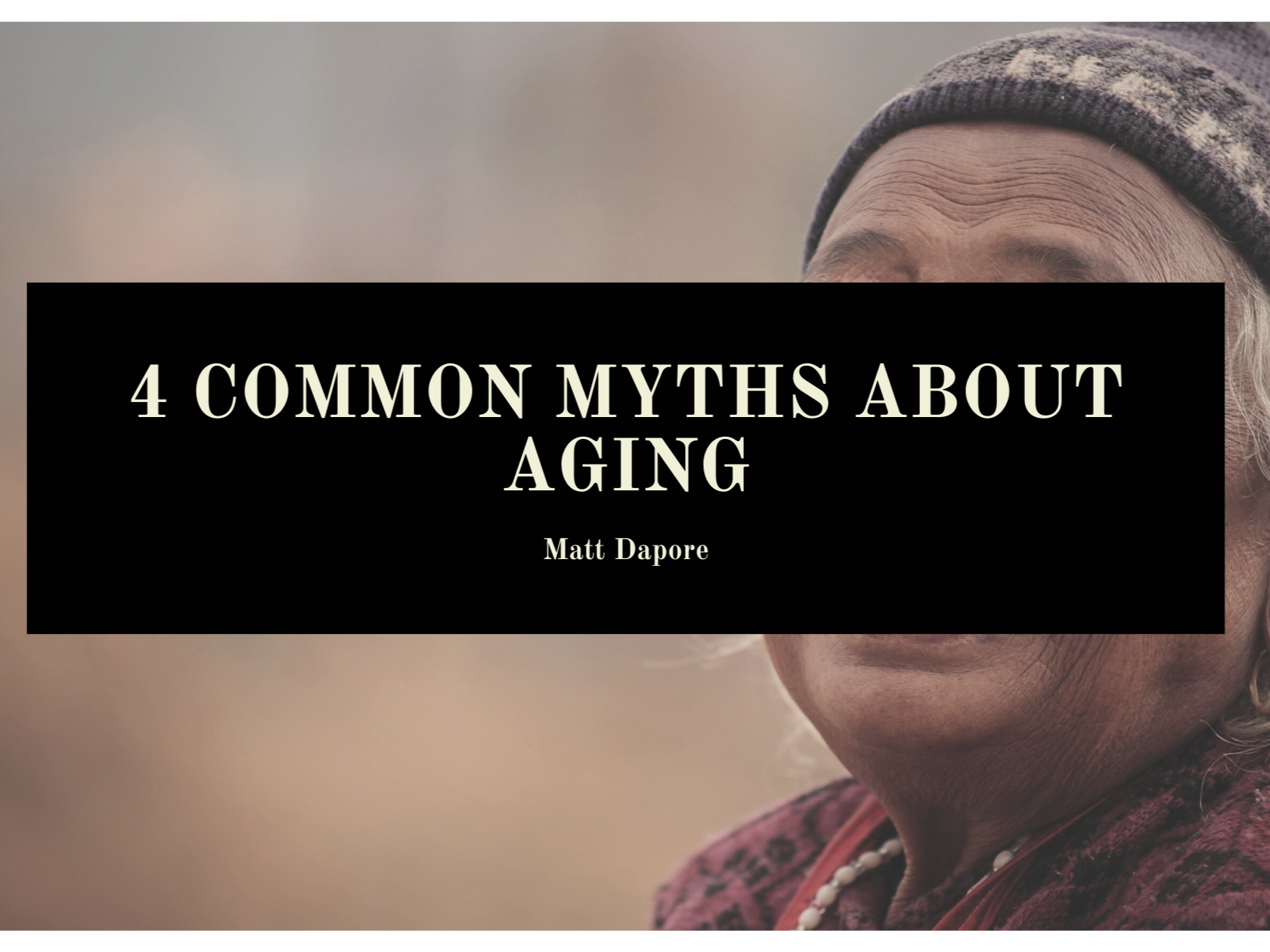Maintaining a sharp mind in our old age is something everyone wants.
Consequently, many have tried to capitalize on this naturally lucrative market by offering supplements (like that stuff made from jellyfish) and other remedies that purport to keep the brain young and as sharp as the proverbial tack.
But solid scientific research shows that one of the best ways to keep one’s mental faculties running on all cylinders has nothing to do with drugs, vitamins or supplements. New research shows that seniors who have strong social networks and who interact with a lot of people maintain a superior level of cognition.
Emily Rogalski is a professor of cognitive neurology at Northwestern’s Feinberg School of Medicine. She recently led a study that looked at 31 so-called “super-agers” who were 80 or older and in possession of terrific memories. The study was published in the PLOS One medical journal.
It found that the elderly subject with the most friends and who participated more often in interactions with other people scored markedly higher on cognitive tests. Other factors that contributed to their sharp minds were excellent diets, not smoking and limited use of alcohol.
Prof. Rogalski cautions that all of the above is not a guaranteed protection against Alzheimer’s disease or other forms of cognitive decline. But the suggestion is strong that a lot of stimulating conversation with a network of people improves the odds of staying sharper longer.
There are other ways to keep the mind well-tuned into the senior years as well. A 2014 study published in Nature Communications found that regular exercise out in nature and challenging the mind to learn new things provided significant advantages in maintaining elevated levels of mental acuity.
An intriguing study was done by Harvard University researchers suggests that simply “believing in yourself” is a great way to stay mentally sharp as you age. The study found that seniors who came to believe in common perceptions that failing memory is a natural and inevitable outcome of aging just accept it as fact -- and then behave accordingly.
The truth is, however, that mental decline is not inevitable as we age. Many variables are at play, from genetics and biology to personal habits and what one believes to be true or not true.
Please login to comment.









